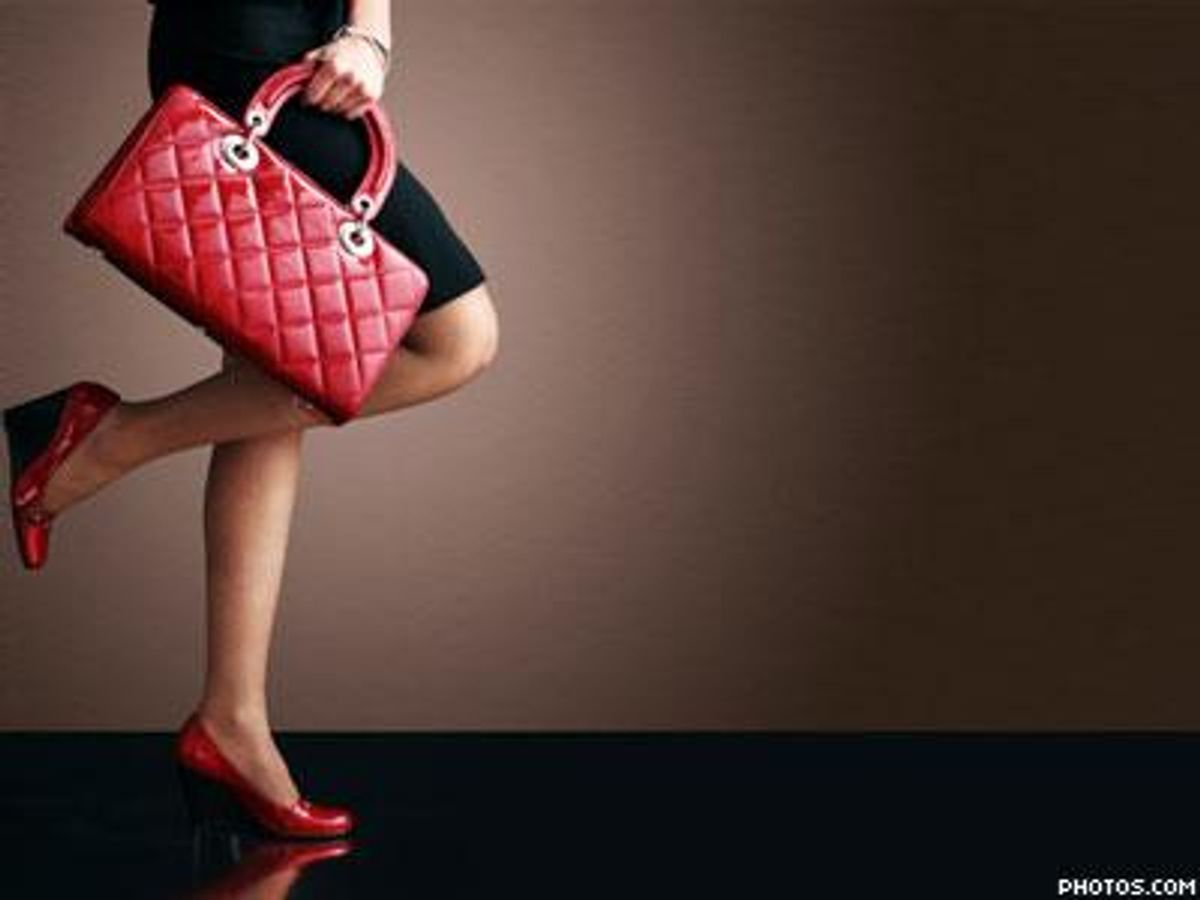The majority of people in our culture are cisgender, and cisgender expression is considered "normal" culturally to the point of any variation from its conventions being viewed as abnormal, morally deviant, and in some cases sacrilegious.
Transgender, gender-variant, and genderqueer individuals who pursue their desires regarding gender expression do so in the face of this hostility.
When I was a younger transgender girl, I looked for cultural reflections of myself. What I found instead were cisgender women and men. The occasional exceptions were from bygone countercultures, like Andy Warhol's Factory scene or the fringes of crime dramas, where occasional trans women prostitutes would appear as murder victims.
What I found as well, in abundance, were cisgender men in dresses.
These men were unfailingly presented as the butt of the joke. The actors portraying them would stand tbhere either feigning haplessness at the circumstances that had brought them to their undignified state or indulging in exaggeratedly effeminate expressions and gestures until the people around them demanded they stop.
Observing this spectacle again and again, I absorbed the message: Male-assigned people do not wear dresses. This made little sense.
Female-assigned characters on TV and in movies clearly wore pants. Occasionally they were criticized for being too "manly," but the whole show did not grind to a halt because of their wardrobe. They did not have to disavow any desire to wear pants, as men did dresses.
My desire to express my gender identity, I quickly learned, was improper and ridiculous. This knowledge did not make that part of myself go away, though. Instead it turned it inward and, closeted, I learned to hate it, and by extension, myself.
I don't know why transfeminine expression is considered transgressive, but I know the stigma is unjust. I know too that "humor" like the kind I described, based on the insecurities of the most privileged group in our culture: heterosexual, cisgender men, contributes enormously to it.
When I was a transgender girl there was no vocabulary or protocol for affirming my identity.
What there was instead were boundaries made up of derogatory words, like "transvestite" and "pervert," and of images and "jokes" like these that separated male-assigned people like me from who we were.
The image of "men in dresses" can be found today in the propaganda used by religious conservatives to deny transgender rights.
Garish pictures of leering, unshaven men in wigs and dresses attempting to gain access to women's restrooms proliferate. The specter of dress-wearing men leading classrooms should the Employment Non-Discrimination Act pass is floated.
Men in dresses: not to be trusted with women and children.
It's insulting. A man wearing a dress and a transgender woman are both human beings. Slandering us as a group does not make us dangerous; it makes it dangerous for us to be ourselves.
Everyone should feel free to express their feminine or masculine identity (or both), without ridicule and without "moral" questions being raised. Children should live in a world where boundaries around gender expression are not governed by cisgender supremacy or confused with sexual orientation. This would mean the retirement of the nonstop gender policing that makes up the sole discourse on this topic in our culture. It would mean parents no longer telling children what boys and girls "don't" do, wear, and like.
It would mean trusting that all people have an internal sense of their own gender, which may not correspond with the expectations we place on infants from the moment their sex is "determined."
In a culture like that, a man in a dress would be exercising a preference, much like a woman in jeans does today, and the choice would likely be as much of an afterthought for him as it was for her.
He would not be a lecherous monster, and a trans woman would not be a rogue bathroom invader.
This space is a gray area in human rights today.
That transfeminine expression still provokes laughs, and is still invoked to summon fear, demonstrates that the people for whom it's a fundamental part of their identity are not regarded as equal, and worthy of dignity and respect.
We can decide we don't believe that, though, and make space for everyone's gender expression.
We can realize that when people say transfeminine gender expression makes them "uncomfortable," they're being prejudiced, and making the world uncomfortable not only for trans women and effeminate men, but for everyone through their retrograde gender policing.
I believe that's the world we're moving toward, because the world I see now is already so different than the one I was born into.
Our culture still tries to tell us who we should and shouldn't be far too often, and to restrict our self expression, and place our identities in boxes that can't contain our diversity, as if the rules we've inherited supersede the people we are, which they don't.
It's our culture, though, and I don't see a problem with changing some of those rules -- especially the ones that cramp our style.
LEELA GINELLE is the communications and development intern for TransActive Education and Advocacy.

















































































